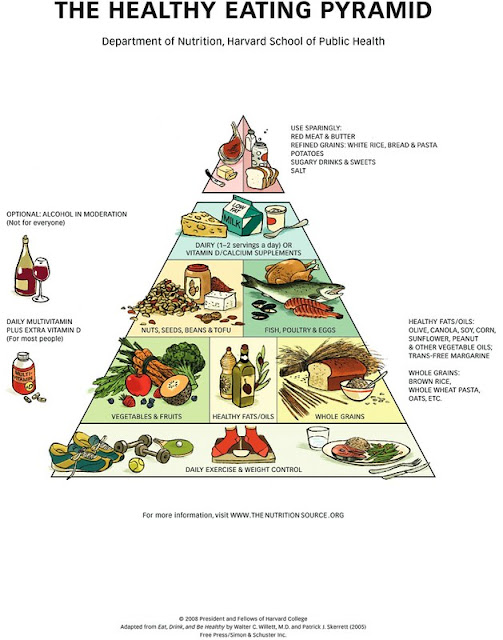Many people are constantly setting new wellness goals, so what better opportunity to introduce yourself to better eating in the new year? As we perceive the gap between the goal of eating well and the truth of daily existence, we share a few corrective actions we want to impact in 2024. Eating better means feeling better, we all realize that, so here are our remedies for ourselves:
Don't stick to breakfast something like three days a week
Realizing you should eat better and actually doing it are two different things. Try to shoot yourself in the foot and eat a smart me breakfast at least three days a week – a bowl of cashew yogurt with granola and a big dollop of jam; wilted spinach mixed with egg; great whole wheat toast with banana and almond spread. If you start the morning like this, it will affect your dinner the next day, but basically you know you got your nutrition first thing, and if you happen to not eat so well the rest of the day, you won't beat yourself up about it. .
Cook more
Individuals who ate home-prepared meals at least five times a week were 28% more likely to be overweight and 24% less likely to have excess muscle versus fat than people who ate at home less than three times a week. This is according to a recent report of more than 11,000 individuals distributed in the Global Diary of Conduct Sustenance and Active Work. The analysts found that people who feasted at home also ate more produce from the soil. Another review found that cooking at home also reduces an individual's exposure to toxic synthetic substances called PFAS, which are in some cheap foods and takeout packages.
Eat your vegetables first
If you're not eating enough vegetables (and most of us aren't), it could very well be because you're putting them in a challenge they can't win. Research has shown that when vegetables compete with other – potentially really interesting – things on your plate, you eat less of them. However, if you eat vegetables alone, you will eat more of them. Make a plate of mixed vegetables and rush down to eat it before putting any other food on the table. You'll not only eat more vegetables, but you'll also be filling in a bit with the goal of eating less.
Go meatless one day a week
A recent report distributed in JAMA Inward Medication found that replacing animal protein with a comparable amount of plant protein was associated with a lower probability of mortality, particularly from coronary disease. This way, replace your burger with a vegetarian version or make a bean stew so good that no one misses the meat.
Make a small bite seriously filling
You don't have to give up your #1 desserts, but you can still eat less and still eat a lot. The trick is to be careful. Give your treat a full fixation and focus on the taste and surface. This will help you feel comfortable with a more modest part.
Chop the nuts
Many individuals believe that nuts are high in calories and fat, but they usually won't make them pack on the pounds. In addition, they help reduce the risk of coronary heart disease and type 2 diabetes, as suggested by several investigations. Any unsalted nut is a decent choice, yet it's ideal to vary the kinds you eat considering the fact that each variety has its own mix of supplements. For example, almonds have more fiber than many different nuts and provide calcium, while pecans are loaded with healthy omega-3 unsaturated fats.
Make provisions for whole grains
More than 40% of the sugars we consume are of low healthy quality, according to a recent report distributed in JAMA. Simply switching from refined grains to whole grains, such as farro, bulgur, oats, and even popcorn, can increase your fiber intake and help keep you full. In one review distributed in 2011 in the New Britain Diary of Medication, adding just one serving of whole grains every day led to a typical weight reduction of about 33% pounds north of four years.
Replace the sweet drink with water
As a whole, we realize that a soft drink is not the best refreshment. In any case, the new report suggests that swapping one portion each day for a glass of water could help reduce consuming a lot of calories and the resulting risk of difficulty, reducing your hazard of developing type 2 diabetes by 14 to 25 percent. Also, explore the consumption of juice from natural products. Even 100% natural juices can add a ton of calories and sugar to your pass.











0 Comments